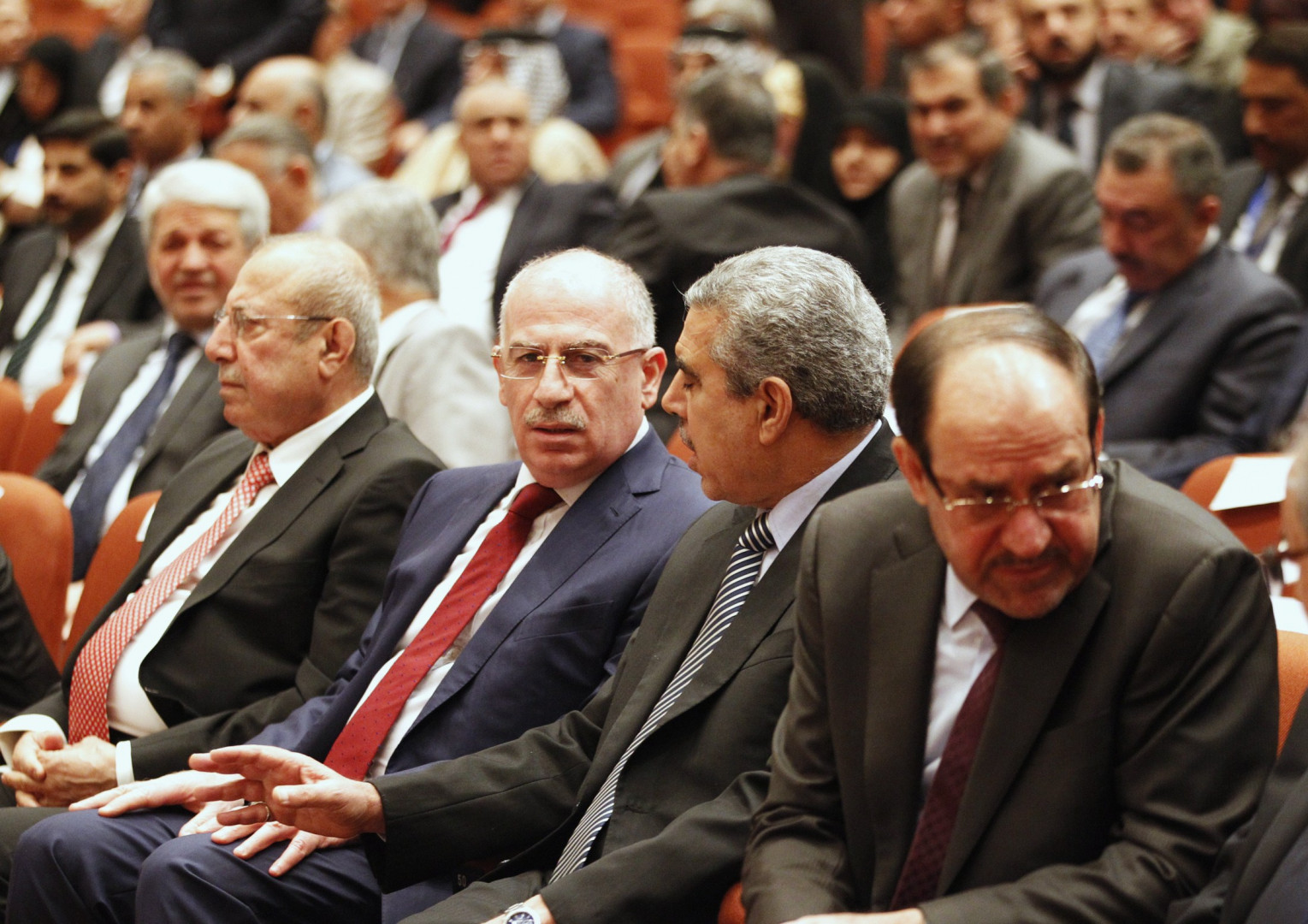Doubts and accusations.. The Election law sows discord in Iraq

Shafaq News/ The political blocs are busy accusing each other about the final form of the distribution of electoral districts, and while the doubts of intentions prevail in the Iraqi parliament; political forces are racing in secret to draw constituencies according to their interests.
Iraq's new electoral law continues to be debated, with the parliament seeking to pass controversial articles.
"The multiple constituencies’ principle has been decided, and what remains to be determined are the electoral districts, residential areas, and polling stations of each district.. And then the High Electoral Commission will begin to update the voters’ registration information according to electoral districts", said Readh Al-Mas’udi, deputy of Alliance Towards Reforms.
Al-Mas’udi told Shafaq News agency, “Some political forces are working to create constituencies commensurate with their demographic representation -especially in mixed provinces such as Baghdad, Nineveh, Kirkuk, Diyala, and Saladin. Some political parties are mixing up problems in the five provinces to serve their interests in the upcoming elections”.
"The division of electoral districts has come with the support and push of specific political parties, who want to use this law to dominate the upcoming elections at the expense of other political parties", said Ali Al-Ghanimi, a member of the State of Law Coalition.
"These parties want the number of constituencies to be similar to the quota of women -so that Iraq will become more than 83 constituencies. Baghdad alone will have more than 17 electoral districts - this will divide other cities and make citizens confused; their name will be in one area and their vote in another.. This creates technical and political problems", Al-Ghanimi told Shafaq News agency.
Al-Ghanimi also pointed out, "This is in the interests of certain political parties, and therefore there is a parliamentary movement to challenge the issue of electoral districts' reliance on the number of women' quotas -especially since this is a vote without a quorum in the council’s chamber. But frankly, we have a problem; the Federal Court is suspended, for there is no legal quorum, but there is still a movement for legal alternatives”.
Earlier this week, the parliament voted to approve a motion to determine the number of constituencies in each province.
The proposal stipulated that "the number of constituencies in each province is equal to the number of seats allocated to women's quotas in the province".
Women hold 25% of the seats in the parliament under the quota.
Based on women's seats in each province.. The distribution of electoral districts will be as follows: 17 in Baghdad, 8 in Nineveh, 6 in Basra, 5 in Dhi Qar and Sulaymaniyah, 4 in Babylon, Anbar, Erbil, and Diyala, 3 in Kirkuk, Najaf, Saladin, Duhok, Al-Diwaniyah, Karbala, Wasit, and Maysan, and two seats in Al-Muthanna.
The proposal was opposed by political blocs, most notably Al-Fateh Coalition -led by Hadi Al-Amiri, the State of Law Coalition -led by Nouri Al-Maliki, members of the Kurdistan Islamic Union, the New Generation bloc, and some Nineveh deputies.
"The law, in addition to the many obstacles to its optimal implementation, will result in a fragmented political reality that complicates the process of forming the government and the powers emanating from the Parliament”, Islamic Dawa Party stated on Wednesday.
The Iraqi parliament began legislating the new electoral law late last year, under the pressure of unprecedented popular protests; calling for reforms in the country and the removal of the corrupt political elite.
The new law is expected to provide a greater opportunity for independents and small blocs to enter the parliament.





